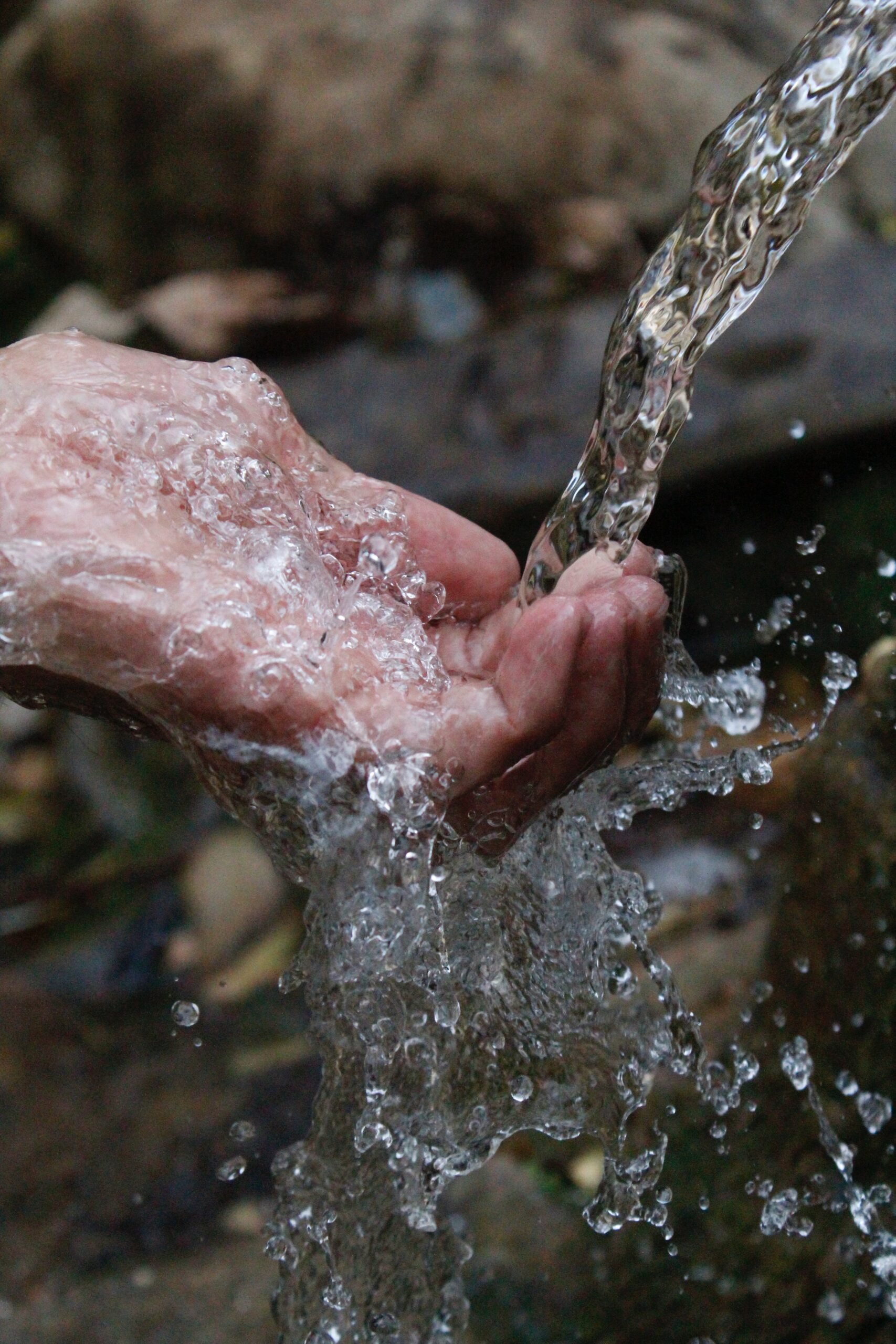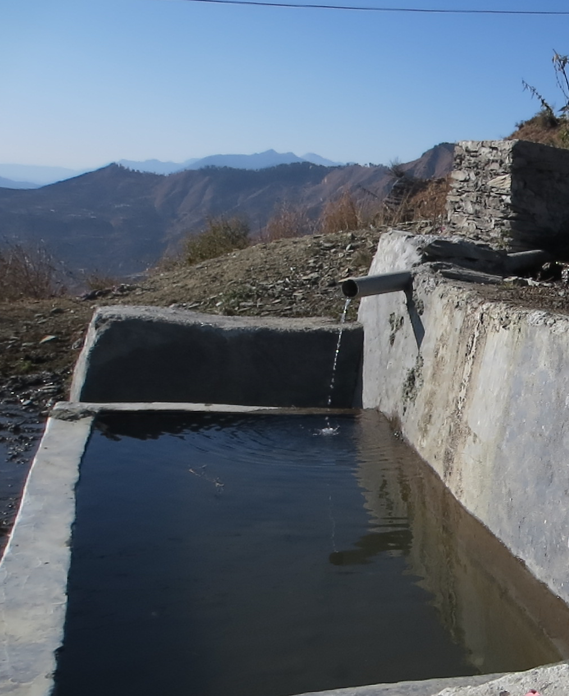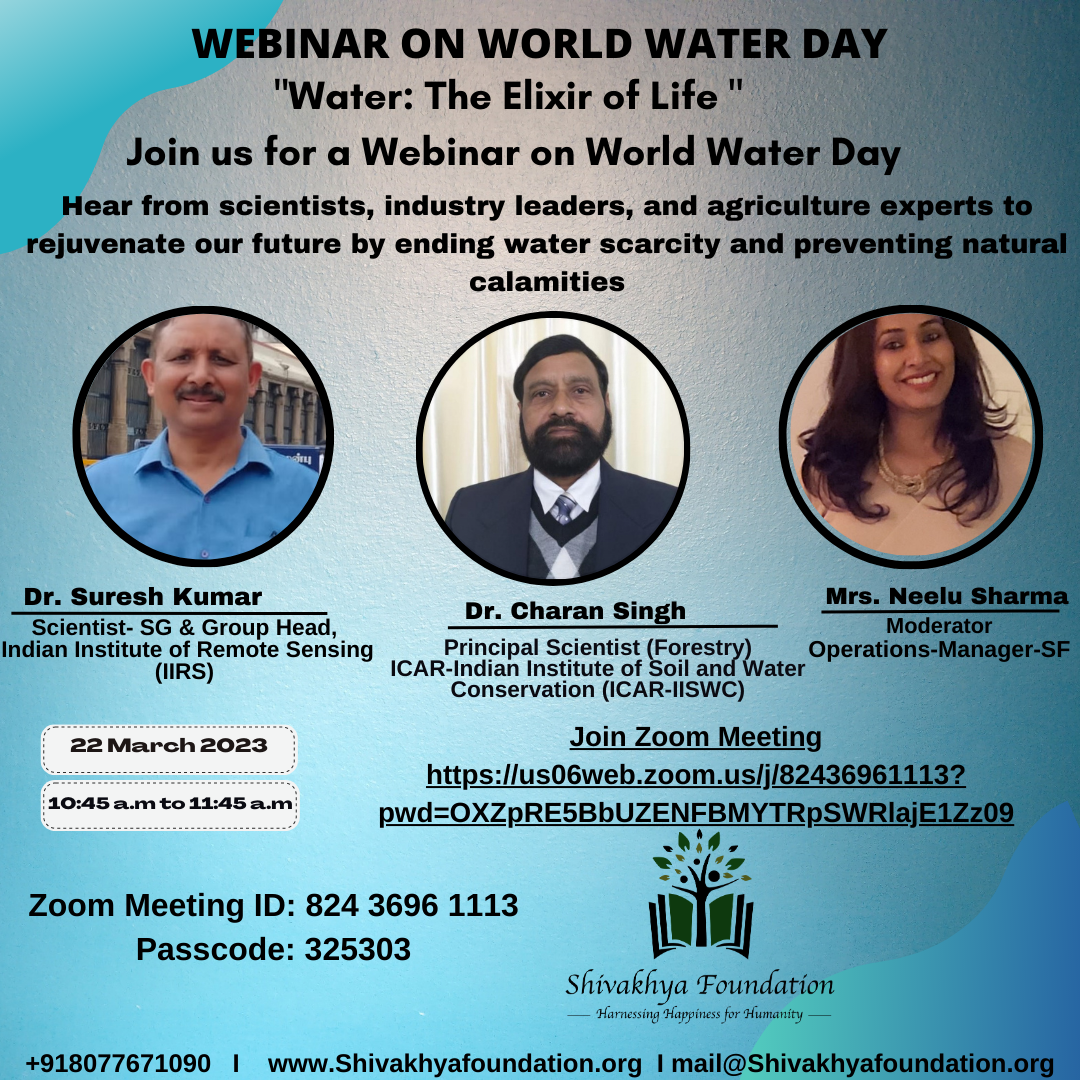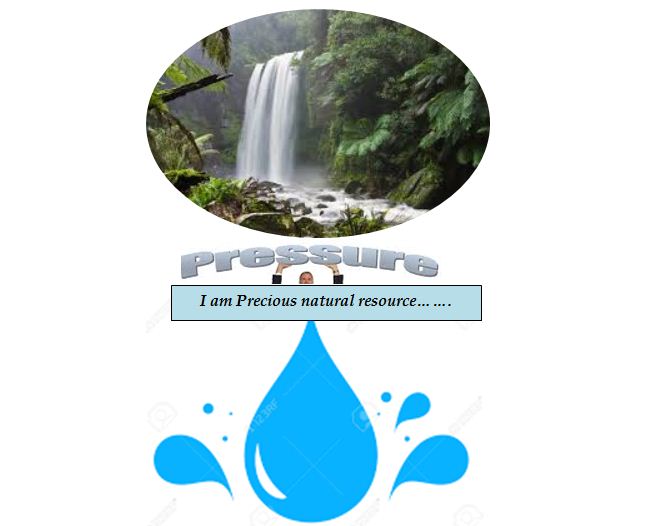Water – the elixir of life

Life need water. Being the elixir of life, it is essential to all life. Water may kill if mismanaged. The Uttarakhand disaster illustrates this.
Uttarakhand, in northern India, is famous for its natural beauty and water supplies. In June 2013, a massive flood devastated the state and killed many.
The Uttarakhand tragedy underscores the need of water resource management. Water is vital to life, but if we don’t take care, it may be devastating.
This calamity taught us to emphasize water management and conservation. Several hydropower projects in Uttarakhand have caused environmental harm and community dislocation. So, we must balance energy needs with environmental protection.
The catastrophe also emphasizes disaster management tactics. Early warning systems, emergency response teams, and evacuation preparations reduce flood hazards.
The Uttarakhand tragedy highlights the significance of water management and conservation.

Washing, bathing, and cleaning are one of the best methods to conserve water. Greywater from laundry and dishwashing may be reused for other cleaning purpose. Fixing leaks and installing water-saving showerheads and faucets may cut waste.
Water conservation requires avoiding numerous types of waste. When shaving or brushing our teeth, we often leave the tap running. This wastes 10 liters each minute. Cleaning roads or sidewalks with a hose may waste hundreds of gallons in minutes.Unmaintained irrigation systems waste water in agriculture.

Poor management may waste water, which many sectors need. Dyeing and finishing in the textile business utilize a lot of water, which might be wasted if not handled.
Finally, preserving water is essential for sustainable living. We can save water by consuming less, reusing greywater, correcting leaks, and installing water-saving gadgets. Avoiding wasteful activities like leaving the faucet running and hosing driveways may also save water. We must all save water for future generations.






